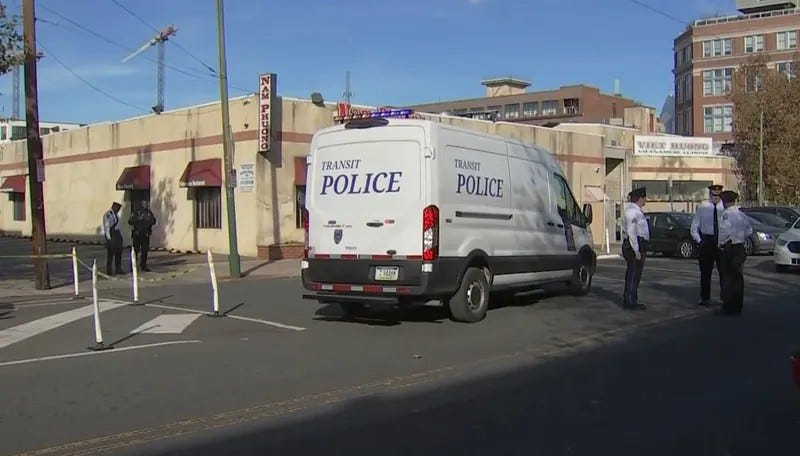
PHILADELPHIA (KYW Newsradio) — Philadelphia police say they responded to about 13,000 calls about domestic violence in 2022. For the second consecutive year, more than 40 homicides in Philadelphia were connected to domestic violence. That number is more than double what it was just two years ago.
In August, 34-year-old Ashley Lockhart was found stabbed to death in West Philadelphia. Her fiancé was arrested and charged.
In November, 20-year-old Sahmya Garcia was killed, allegedly by her ex-boyfriend, hours after she filed a protection from abuse order.
Weeks later, Leila Al Raheel was found decapitated inside her home. Her husband has allegedly confessed to the crime.
“Love does not hurt. Love does not beat,” said domestic abuse survivor Joanna Otero-Cruz.
“Around 4.5 million women in the United States have been threatened by a gun, and over 1 million have been shot or shot at as a form of threat. The risk and prominence of domestic violence is that real.”
Otero-Cruz is the executive director and president of Women Against Abuse. She says the time someone decides to separate the relationship is the most dangerous time.
“Domestic violence is about power and control over another person, so when that person who is perpetrating the abuse feels threatened that they are losing that control, they can go explosive,” said Otero-Cruz.
“And things can really go beyond what the victim can even comprehend, right? Like, ‘How can this person hurt me in a way that can actually lead to fatality? They are never going to hurt me in that way.’”
She says if you are in a situation that is unsafe — make a plan for a safe escape.
“Are there children involved? Are there safe places for the children to retreat to, rather than intervene?” she said. “Are there weapons involved in the home? Where are they kept? If something happens, can you get away from that room?”
She says that plan should include thinking about what to take when you leave.
“What are the documents that are needed? Are there medications that are needed that can be kept in a safe place?”
Start collecting evidence of the abuse, such as pictures of wounds, ripped clothes, broken personal items, said Otero-Cruz.
“Oftentimes, perpetrators know — they know your routine, they know what streets you’re going to take, they know how you are going to drive, they know where you are going to stop.”
Women Against Abuse has a 24-hour hotline that anyone at risk can call — women and men; straight and LGBTQ — and get help to make a safety plan. Everything is completely confidential.
An escape plan could look different for everyone — from relocating out of state or to another country, to going to a shelter or a hotel, or maybe a family member.
“Call us. Don’t give us your name. And we will walk you through it,” she said. “And when you are ready, you choose. It is your choice. You tell us how much you want to tell us. You share as much as you want. And take baby steps — because sometimes people just need that affirmation.”
And they will never risk your safety by calling you back your number, she said. Even digital chats are encrypted.
And if you’re not ready to make that contact, she said, connect with someone you trust who is not going to be judgmental.
And as always, in the event of an emergency or if your safety is in immediate danger, call 911.
“You are not alone.”
Resources
Philadelphia Domestic Violence 24-hour Hotline: 866-723-3014
The Network / La Red Hotline: 617-742-4911
For confidential support, information and referrals to lesbian, bisexual and transgender supportive resources
National Domestic Violence Hotline: 800-799-7233
For crisis intervention and referral
Philadelphia Police Department: Domestic Violence Resources
Women Against Abuse: Planning for Safety


